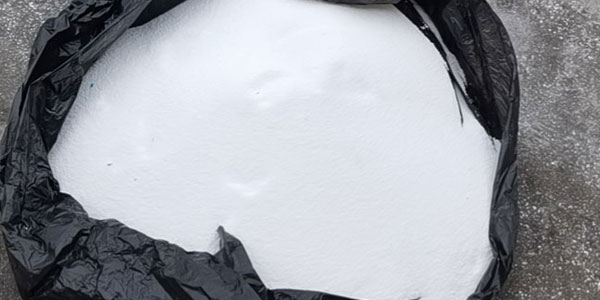Sebacic acid
Sebacic acid is the main raw material for the production of some esters. The organic chemical industry is used as solvent, dehydrating agent and defoamer, the coal industry as flotation agent, the agricultural industry as emulsifier, the chemical fiber industry as fiber oil agent, the perfume industry as intermediate, etc.
Basic information
Sebacic acid
- CAS No.
- EINECS No.
- Chemical formula
- Molecular weight
- Appearance
- 111-20-6
- 203-845-5
- C10H18O4
- 202.2475
- White flake crystal

Bimuss chemical provides sebacic acid produced by using castor oil cracking method as the main production method. At present, it has an annual output of 8000 tons.

Bimuss chemical factory
Check out Bimuss production base here

Bimuss agent
Find the existing sales network of bimuss. Welcome to join us.
CONTACT WITH US
BIMUSS Chemical Department
Mr.Doleon DL.SUN
- dls@bimuss.com
- +86 15306313650
Quality standard of sebacic acid
- The product quality reaches the high-quality level and the purity reaches more than 99.5%.
- The ash powder content is less than 0.015%, and the moisture content is less than 0.1%.
Main uses of sebacic acid
1. Sebacic acid can be used to synthesize diethyl sebacate, which is an organic solvent.
2. Sebacic acid can be used to synthesize dibutyl sebacate, and dibutyl sebacate is a cold resistant plasticizer, which can be compatible with most resins and synthetic rubber. This product is non-toxic and can be used as packaging material in contact with food. The product feels good. And make the products have excellent low temperature performance and oil resistance.
3. Sebacic acid can be used to synthesize Diisooctyl sebacate, which is also a cold resistant plasticizer. It can also be used as lubricating oil and grease of jet engine and stationary liquid of gas chromatography.
Package specification
Sebacic acid is packed in gunny bags or woven bags lined with plastic bags. The net weight of each bag is 25kg, 40kg, 45kg or 50kg. Store in a cool and ventilated place, fireproof and moisture-proof. Store separately from strong acid, anhydride, alkali and oxide. Keep away from kindling and heat sources and store and transport according to the regulations on inflammables.
